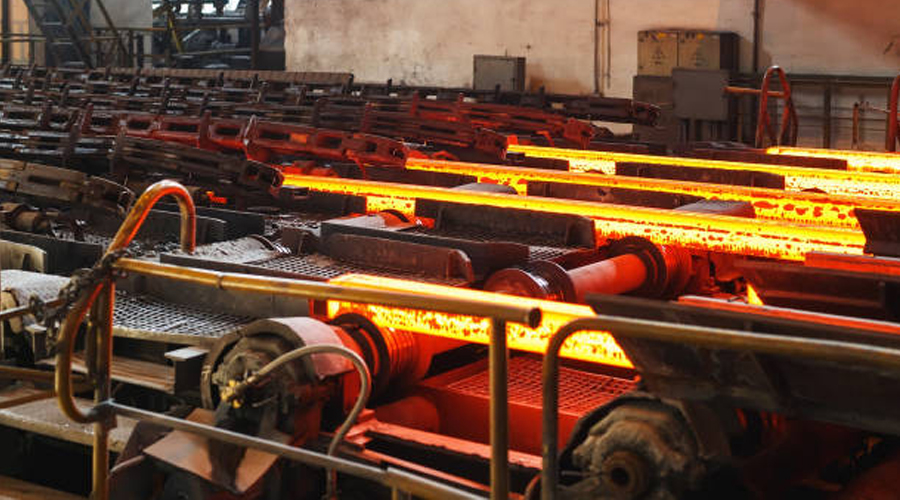Continuous casting billet defects are a problem that requires great attention in the steel manufacturing process.
Continuous casting machine is a process equipment widely used in the steel industry to produce high-quality steel billets. However, like any other manufacturing process, its not immune to defects.
Understanding these defects is critical to ensuring the production of defect-free billets. In this article, we will explore the most common defects in billet casting and discuss their causes and potential solutions.
Characteristics Of Continuous Casting Billet Defects
The continuous casting process is a highly efficient method used by the steel industry to produce billets of excellent quality and uniformity. However, despite its advantages, the process is susceptible to various defects that compromise the integrity of the final product. Identifying and correcting these deficiencies is critical to maintaining the required quality standards.
a) One of the most common defects during continuous casting is surface cracks.
These cracks can occur due to a variety of factors, such as improper mold lubrication, casting too fast, or insufficient cooling. Surface cracks not only affect the visual appearance of the billet but also weaken its structural integrity. To prevent surface cracks, its crucial to ensure proper mold lubrication, optimize casting speed and implement an effective cooling strategy.
b) Another defect that may occur during the production of steel billets in a continuous caster is segregation.
Segregation is the uneven distribution of alloying elements within the billet. This defect may be caused by uneven cooling rates or improper alloying operations.
Segregation can negatively affect the mechanical properties of the billet, making it weaker and less reliable. To minimize segregation, the cooling process must be optimized and the alloy composition tightly controlled.
c) Insufficient solidification is another common defect in continuous casting. Improper cooling or casting speeds that are too high can lead to insufficient solidification, resulting in an uneven grain structure. This defect weakens the billet, making it prone to breakage during subsequent processing. To ensure proper solidification, its crucial to optimize cooling parameters, maintain appropriate casting speeds, and monitor cooling water quality.
d) Hot tearing is a defect that occurs when CCM billets are subjected to internal stress during solidification. These stresses can cause cracks or fractures in the blank, significantly reducing its strength.
Hot tearing can be caused by a variety of factors, including improper mold design, insufficient mold lubrication, or excessive thermal gradients. To prevent hot tearing, the mold must be carefully designed, ensure proper lubrication, and control the thermal conditions during casting.
e) Inclusions are another defect that may affect the quality of continuous cast slabs.
Inclusions are non-metallic particles that become trapped in the molten metal and solidify with the billet.
These inclusions can reduce the mechanical properties of the blank and create surface defects. Strict quality control measures, including proper filtration and regular monitoring of raw materials, can help minimize the occurrence of inclusions.
As a process equipment for producing high-quality steel billets, the continuous casting machine is crucial to understand and solve various continuous casting billet defects that may occur during this process. By taking appropriate measures such as optimizing cooling parameters, maintaining proper lubrication and monitoring alloy composition, the occurrence of defects such as surface cracks, segregation, insufficient solidification, hot tears and inclusions can be significantly reduced. This ensures the production of defect-free billets, helping to improve the overall quality and reliability of the final steel product.
If you have any questions or needs about continuous casting machines, slabs, billets and other continuous casting equipment, please feel free to contact us at any time.

